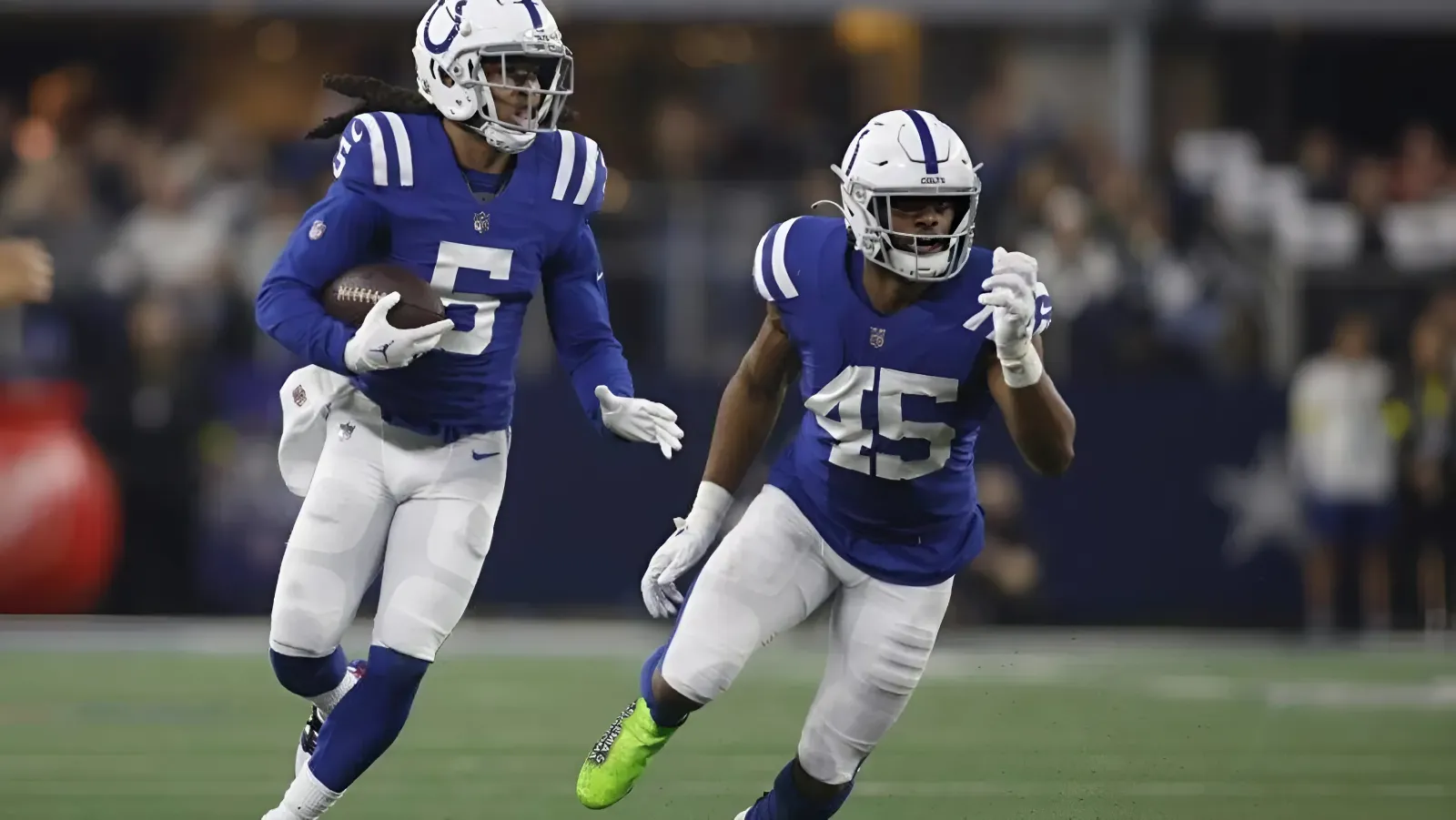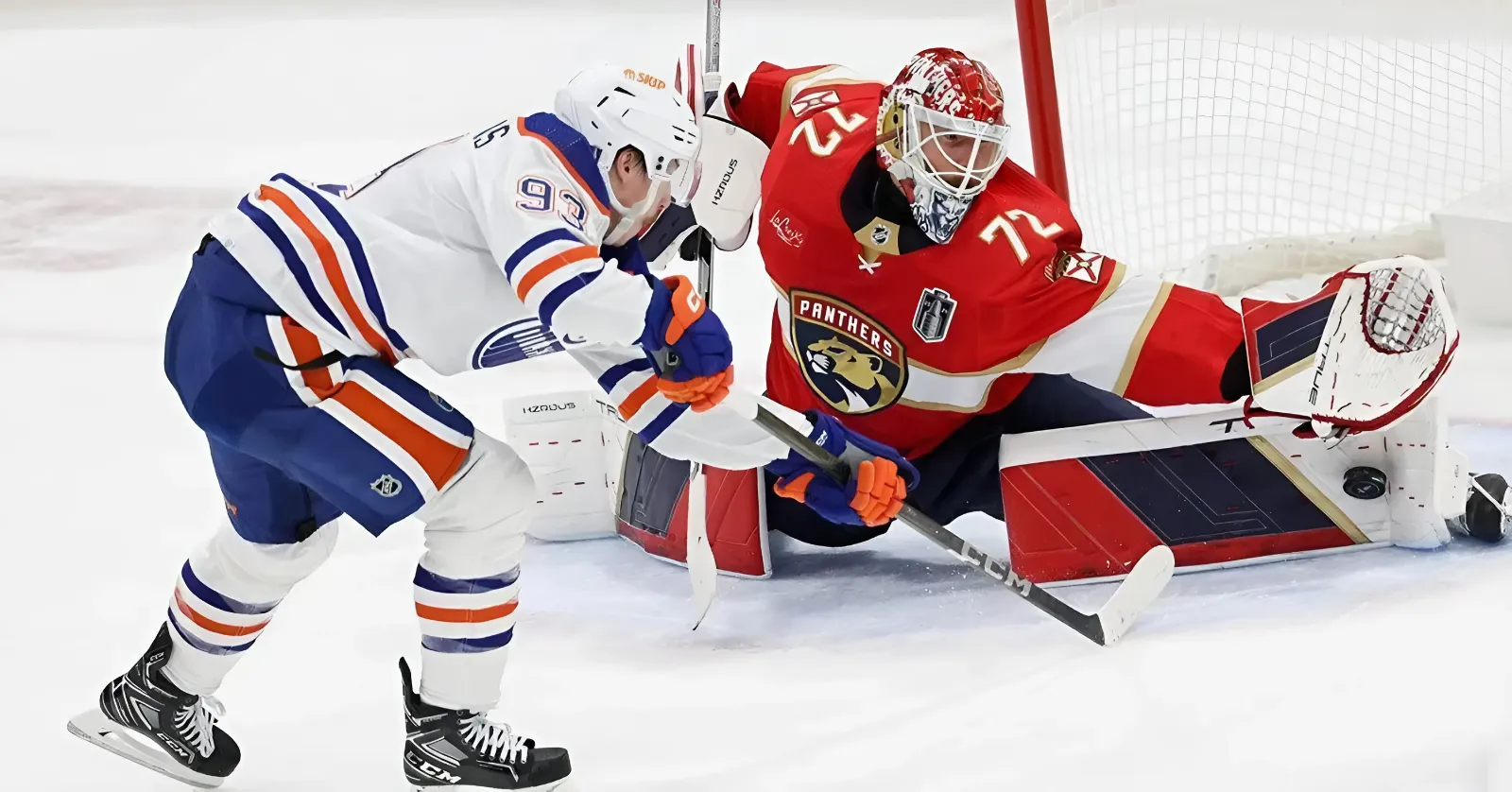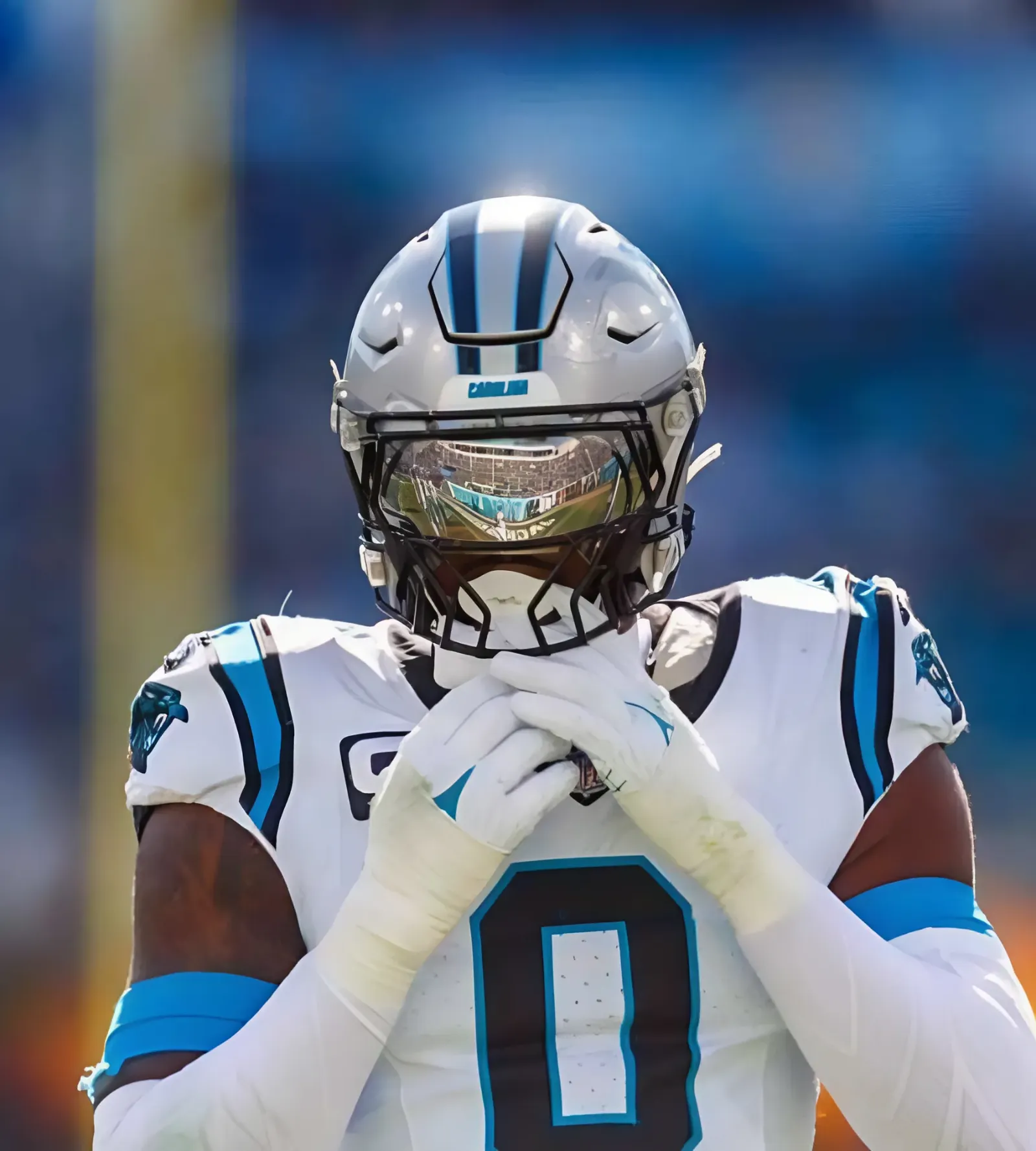The offseason has arrived for all but the two teams who are still taking part in the playoffs. For the rest, it’s time to examine what they will need to accomplish over the coming months. Next up is a look at Colorado.
Expectations were high once again for the Avalanche heading into 2023-24. The team made some moves to shore up their forward group over the offseason, leading them to be a speculative favorite to come out of the Central Division. However, they came up a bit short, falling to Dallas in the division final.

Now, GM Chris MacFarland will look to add to his group again, a task that will be harder this time around. Here’s what should be on his checklist in the coming weeks.
Create cap flexibility
Captain Gabriel Landeskog missed the entire season, allowing Colorado to go well into LTIR last summer as they knew in advance he wouldn’t be available to play. There is still some uncertainty as to whether he’ll be ready to play next season but the winger has made it known he intends to try.
That effectively encumbers $7M as they need to have that free in case he’s able to return from his knee cartilage transplant.
Then there’s Valeri Nichushkin. He’ll miss the first few weeks of the season while being in Stage 3 of the Player Assistance Program and will be cap-exempt during that time.
However, whenever he is cleared to return, his full $6.125M cap charge will come onto the books. They have to assume he’ll be cleared to come back so that money will be tied up as well.
While the Avs have over $16M in cap room, per CapFriendly, they have quite a few roster spots to fill with that money; a big chunk of which will go to a pending RFA which will be highlighted shortly. With the volume of spots (as many as eight) to fill, they’ll be hard-pressed to spend big on an unrestricted free agent which will make it difficult to re-sign Jonathan Drouin.
Finding a way to move all or at least some of Josh Manson’s $4.5M AAV would be one way to accomplish this although it’s usually not easy to free up that much cap space for a couple of years.
Ross Colton ($4M for three years) might be another option to move although doing so would create another hole down the middle to fill.
There aren’t many ways to do it but if MacFarland can open up some more wiggle room, they’ll have plenty more viable options to build their roster.
Mikko Rantanen extension talks
While this is something that could easily stay on the back burner this summer, it wouldn’t be surprising to see Colorado take a real run at an extension for winger Mikko Rantanen. Once July 1 hits, he’ll officially be in the final year of his contract, making him eligible to sign a new deal at any time.
The 27-year-old has been playing on a contract that pays $9.25M per season since 2019. It’s hard for that pricey of a contract to be construed as a team-friendly one but that is the case here.
Rantanen has become an impactful and consistent producer, averaging at least 1.23 points per game in each of the last four seasons. He has been even more productive in the playoffs, averaging a minimum of 1.25 points per game over the last four postseason, tallying 62 points in 48 games over that span.
As a result, Rantanen is well-positioned to earn a considerable raise along with a max-term agreement of eight years if he wants to sign for that long. Earlier this month, Corey Masisak of The Denver Post outlined some possible comparables for what Rantanen’s next deal could look like.
At this point, it’s fair to suggest that there’s a chance that Rantanen could sign the richest contract for a winger in NHL history (in terms of cap hit), surpassing Artemi Panarin’s $11.643M. That still would slot him a bit behind Nathan MacKinnon who checks in at $12.6M.
This isn’t something that MacFarland has to get done this summer as Rantanen is signed through next June. However, it would be worthwhile to at least get an understanding of the asking price (if not get a deal done altogether) to aid in their spending plans now as some of the players they’ll be pursuing shortly will undoubtedly be seeking multi-year deals.
Having a better sense of what the 2025-26 books will look like makes navigating those other discussions a little easier.
Re-sign Casey Mittelstadt
Now, let’s get back to that pending RFA of note, center Casey Mittelstadt. The Avs pulled off arguably the most surprising trade back at the deadline, acquiring the 25-year-old from Buffalo in exchange for promising young defenseman Bowen Byram.
In doing so, they shored up their second line, something they’d been looking to do since losing Nazem Kadri to Calgary in free agency.
Mittelstadt followed up a breakout 2022-23 performance that saw him put up 59 points with a similar showing between the two teams this season, tallying 57 points in 80 games. However, that doesn’t quite tell the full picture as he was limited to 10 points in 18 appearances following the swap, a point-per-game drop of 0.2 compared to his output with the Sabres.
However, Mittelstadt was more impactful in the playoffs, collecting nine points in 11 games which will help his case this summer.
Mittelstadt is coming off a three-year bridge agreement that carried a $2.5M AAV and has a required qualifying offer of $2.6M. He’s also arbitration-eligible for the first and only time as he can reach unrestricted free agency next summer. That last note effectively rules out another short-term contract that would only buy a year or two of team control.
Given their cap constraints, it’s hard to envision the Avs working out a max-term agreement as the cost of it in terms of a higher AAV would make things a bit harder for them in the summer. Accordingly, a medium-term deal (four to six years) feels like the sweet spot to try to aim for.
If that winds up being where the two sides land, he’s likely to at least double his qualifying offer and could push for $6M. Getting him locked up would certainly give them some stability down the middle with MacKinnon not going anywhere either.
Load up on depth
Last summer, Colorado needed to sign several players to low-cost one-year deals to round out their roster. Up front, they added Drouin, Chris Wagner and Joel Kiviranta while re-signing Andrew Cogliano all for $825K or less and also brought in Frederik Karlsson for the minimum from Dallas.
On the back end, they brought back Jack Johnson for the minimum and later acquired Caleb Jones who was also making the minimum salary.
They didn’t hit on every addition but most of them turned out pretty well while Drouin wound up being a key part of their forward group. However, all but Wagner are free agents next month.
That’s a lot of roster spots to try to fill and depending on what happens with Mittelstadt’s deal and potentially trying to bring Drouin back, they’re going to be looking at trying to fill the rest either internally or with low-cost free agent pickups.
With their internal options, Nikolai Kovalenko and recent free agent pickup Jere Innala figure to be the likeliest to grab spots although both of them also check in at price tags higher than last summer’s group of depth additions.
With that in mind, MacFarland will likely be targeting four to six players for the league minimum or very close to it to try to backfill their forward group and round out the defense corps. Additionally, he will likely be trying to add some potential in-season recalls on two-way deals worth the minimum in the NHL.
There will be a lot of these types of contracts signed in the first few days of free agency; expect Colorado to be among the leaders in them.



